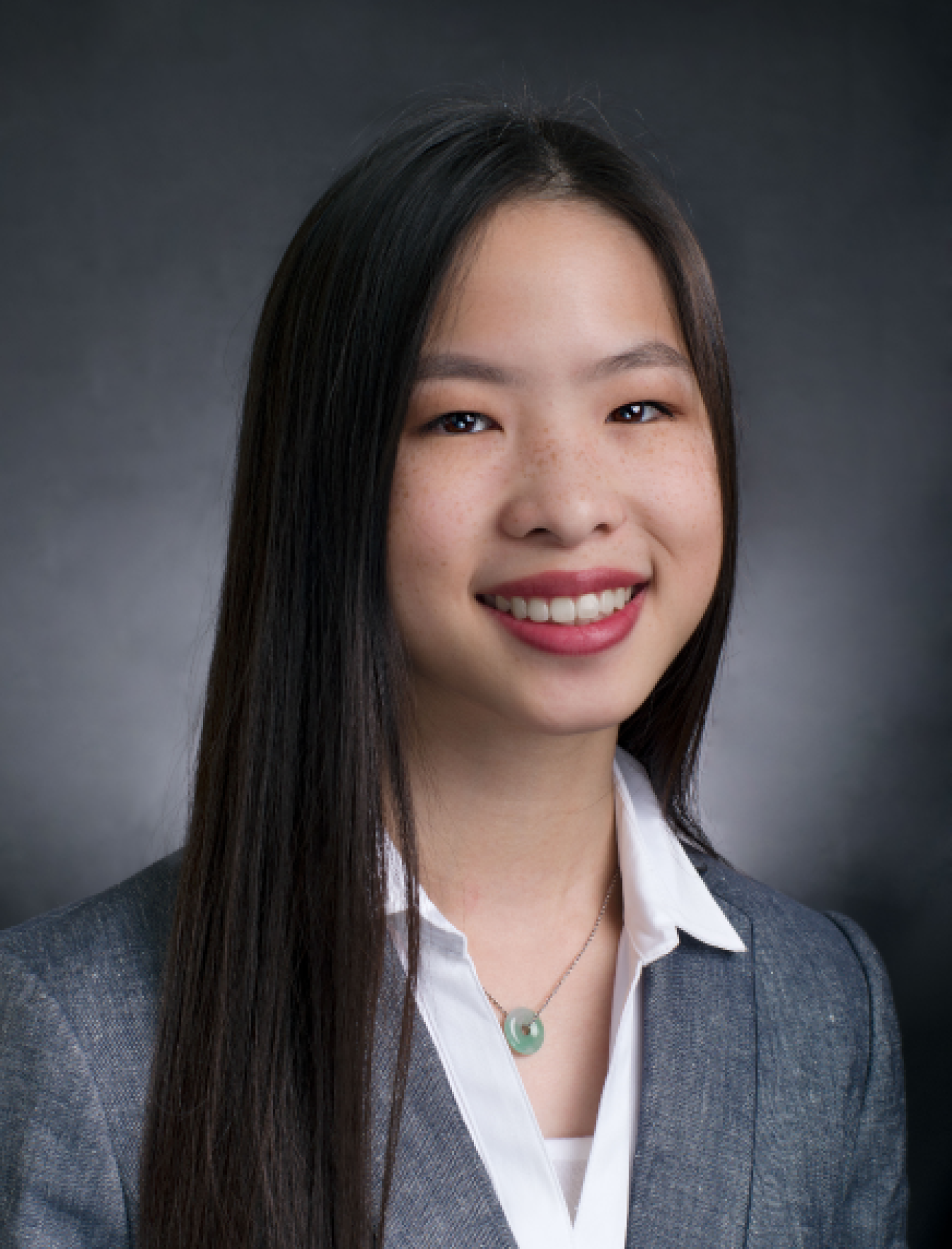The Historically Black Colleges and Universities and Other Minority Institutions (HBCU-OMI) Program—sponsored by the Office of Fossil Energy and Carbon Management (FECM) and administered by the National Energy Technology Laboratory (NETL)—invests in developing a U.S. workforce that is diverse and highly skilled in science, technology, engineering, and math (STEM) through training and education grants. The HBCU-OMI Program is transformative for student researchers who will shape the future of the clean energy sector.
From February through June 2022, FECM highlighted students conducting research in STEM fields through the HBCU-OMI Program. Learn more about one of these students below!

Julie Villamil
Undergraduate, B.S. Mechanical Engineering, Physics Minor
Florida International University (FIU)
What made you start pursuing studies in a STEM field and your particular area of specialization?
My career interest in technology and engineering was first piqued when I joined my high school's VEX robotics club and competed in robotics competitions. It was then that I discovered how much I loved the engineering design process which contains both technical and mental challenges. I truly fell in love with this as I later realized I could turn my passion for building robots that complete simple tasks to ultimately impact the real world with larger-scale engineering projects.
What research topics and/or technical areas have you worked on through this HBCU-OMI Program?
I became involved with research at FIU’s Sensors and Robotics Laboratory. Here, I worked with Dr. Dwayne McDaniel and Dr. Aparna Aravelli in designing a robotic inspection tool for pipes in fossil fuel energy power plants. This robotic system is intended to navigate through steel pipelines and determine their structural health using several types of sensors. My research has exposed me to multiple hands-on experiences in engineering subjects I am highly interested in, including mechatronics, electrical circuits, and rapid prototyping.
What aspect of your work through this program are you most proud of?
Applying my skills to develop the pipe-crawler robot for a real-world application has strengthened my passion for mechanical engineering and inspired me to continue pursuing it through my scientific research. I am also very proud of the collaborative environment that my lab promotes through this program. It has introduced to me to other diligent students and faculty at my university, with whom I have built close relationships.
Have you published, or are you working on publishing any papers through your work in this program?
My work was published in the Materials Evaluation journal for the American Society of Nondestructive Testing in July 2021. I have also presented my work at multiple conferences, such as the Ronald E. McNair Scholars Research Symposium and FIU Mechanical and Materials Engineering Research Symposium.
How has your research through the HBCU-OMI Program helped you to learn more about your field and career opportunities?
This program has offered many opportunities for my professional and personal development in my engineering career. It has especially exposed me to the wide variety of applications that robotics offers for the U.S. Department of Energy and in the fossil energy industry.
How do you feel your research helps to contribute to a sustainable, low-carbon energy future?
My research contributes to fossil energy power plants through the use of inspection robotics. Using robots allows for more sustainable inspections that are both time-efficient and low-cost.
Any final thoughts on your experience as a student in the HBCU-OMI Program?
Through my engagement at my university and my work on a NETL project I have learned the importance of collaborative experiences in STEM and how impactful it is for students to network over their research. These experiences have inspired me to further pursue mechanical and robotics engineering and become the first in my family to earn a doctoral degree. Graduate school will be another opportunity for me to continue work that is solution-driven and develop as a well-rounded researcher.
To learn more about the HBCU-OMI Program, read our introductory blog post for this student spotlight series, download our infographic, and visit NETL’s University Training and Research page.
